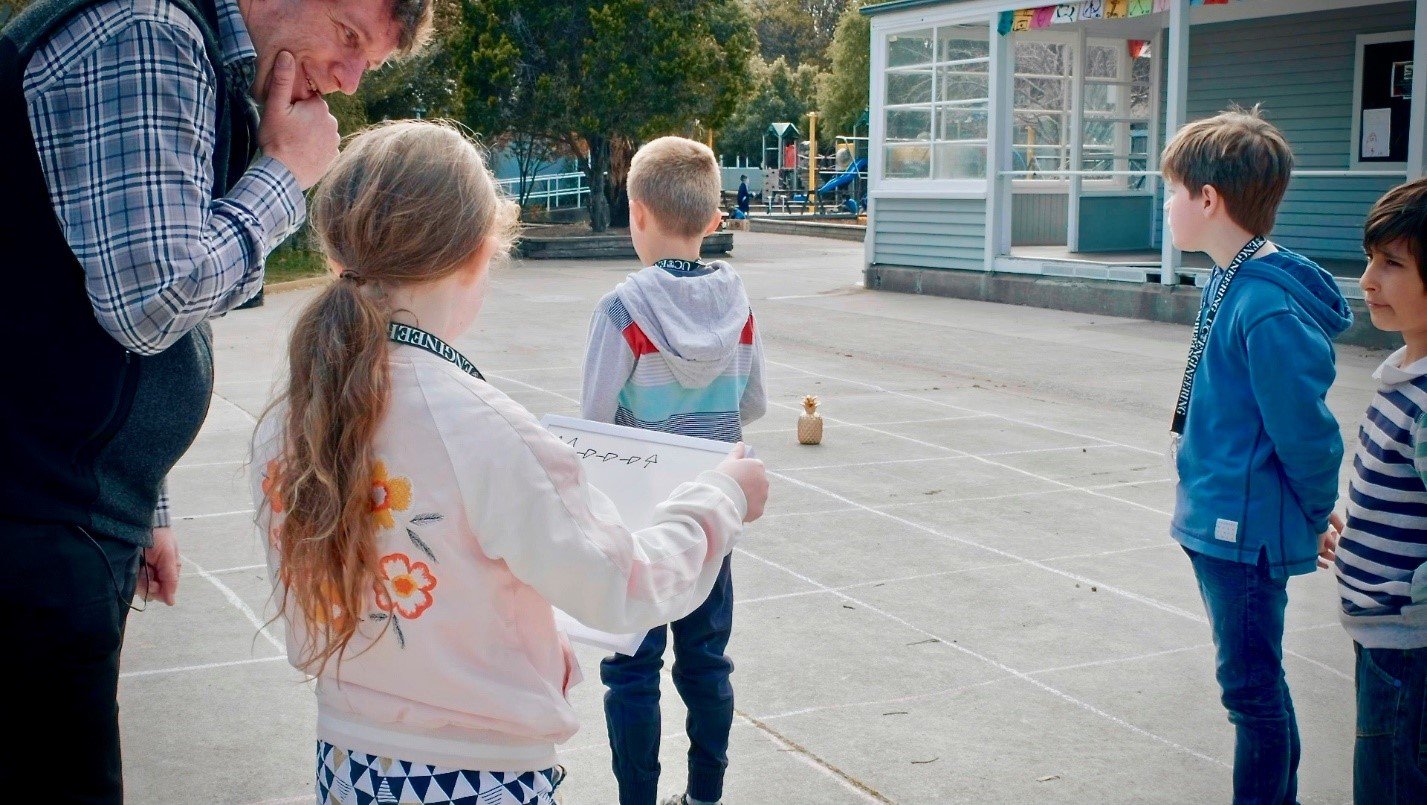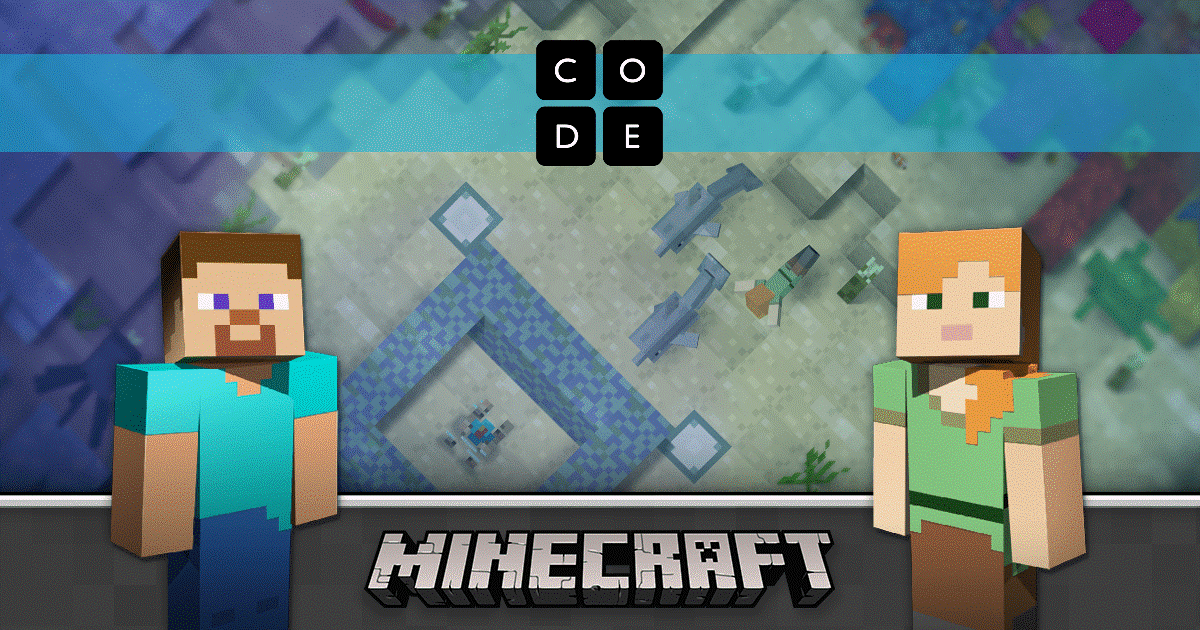Aims to provide close to 700,000 youth with opportunities to pursue their passion in computer science and build the teaching capacity of more than 26,000 educators
As part of its ongoing efforts to close the digital skills gap, Microsoft has kicked off Future Ready, an annual initiative run in partnership with nonprofits and schools to generate interest amongst students to learn computer science and empower teachers with skills to teach computer science. Launched in conjunction with Computer Science Education Week (December 3 to 9), over the next one year, Microsoft will empower close to 700,000 youth – particularly from underserved communities – with opportunities to pursue their passion in computer science and more than 26,000 educators to teach high-quality and inclusive computer science across Asia Pacific.
“Education is one of the most important factors contributing to personal and country-wide economic growth,” said Dr. Daiana Beitler, Philanthropies Director, Microsoft Asia. “As the people who are nurturing our next generation, educators are in the best position to ignite students’ interest in computer science. Through computational thinking, youth will not only gain technical knowledge but also develop creativity, critical thinking, and problem-solving skills – essential attributes for the jobs of tomorrow.”
“However, more than one-third educators in Asia Pacific still feel that there is insufficient professional development for Science, Technology, Engineering and Mathematics (STEM), particularly in the area of computer science. That is why we are committed to providing educators with the required resources and training to upskill themselves in this area, in and out of school,” added Daiana.
Computer Science Education Week: Introducing Computer Science to all Youth in Asia Pacific
Riding on the back of the Computer Science Education Week, Future Ready aims to increase access to computer science by building the capacity of teachers and inviting all students to find out what they can achieve in an ‘hour of code’, and more. During this week, Microsoft will drive workshops for 2,000 educators to teach them how to facilitate engaging and inclusive computer science classes and introduce the fundamentals of computer science to more than 200,000 youth.
Piquing the Interest of Beginners:
To provide young people with an opportunity to learn the basics of coding with a game that millions know and love, Microsoft is launching its game-based learning program, Minecraft Hour of Code tutorial: Voyage Aquatic in partnership with Code.org. The tutorial introduces players to brand new puzzles that require them to leverage key computer science concepts such as loops and conditionals. This is the fourth year Microsoft is teaming up with Code.org.
The new Minecraft Hour of Code: Voyage Aquatic
Honing the Skills Even Further:
Students who wish to go beyond an hour of code can opt to participate in the Asia Pacific’s Next Top Coder, a free online competition led by Empire Code in partnership with Microsoft and Lenovo. From now till 7 December 2018, students between the ages of 13 and 19 are invited to create a Minecraft world enhanced with code that reflects a period of time in history, using Minecraft: Education Edition and Microsoft MakeCode for Minecraft.
Educators and students registering for this competition will have access to online training videos, and nonprofits and schools that do not have Minecraft: Education Edition licenses can get demo licenses. For the top three winners, Microsoft is offering a career coaching program, Lenovo Star Wars™: Jedi Challenges box set and Empire Code micro:bit device.
“To achieve a future-ready workforce, we need to accelerate the digital transformation in our classrooms,” said Larry Nelson, Regional Education Lead, Microsoft Asia. “Future Ready aims to equip educators with the right tools and community support, as well as spark a life-long interest for 21st century skills among learners by focusing on three objectives: introducing the basics of computer science, providing hands-on coding experience, and facilitating access to role models who help connect in-class experiences to real-world concepts.”
Providing Youth with Long-Term Opportunities to Pursue a Career Enabled by Technology
Underpinning its commitment even further, Microsoft will also provide cash grants and technologies to build the capacity of nonprofits to teach high-quality computer science education to under-served youth via its digital skills program. Together with nonprofit partners, Microsoft will co-create and leverage curricula that is inclusive, culturally relevant and gender-responsive, to benefit youth who may be underrepresented in computer science education such as young women, youth with special needs, and those living in rural areas or indigenous communities.
Through this program, Microsoft aims to train more than 24,000 educators and empower almost 500,000 students across Asia Pacific by mid-2019, of which 60 percent are girls, and 80 percent are under-served youth.
Examples of partnerships on digital skills across Asia Pacific include:
- In India, Nasscom Foundation will pursue its work in redefining and updating the computer science curriculum offered in Industrial Training Institutes (ITI). With support from Microsoft, Nasscom will provide 500 young women from 10 strategic ITIs with in-depth training in digital and advanced technical skills, technical certification, and job placement support.
- In Japan, the Center for Creation of Universal Support Society (CCUSS) will help build the capacity of teachers in computer science education as well as create five showcases to highlight how computer science skills can be imparted to under-served youth, specifically those in hospitals, orphanages, under-served or rural communities, and those with special needs, in preparation for the national standardisation of computer science education in 2020.
- In Thailand, to support the government’s rollout of computer science as a core subject in schools, the Redemptorist Foundation for People with Disabilities will build the capacity of teachers from 500 schools to deliver computer science education. The teachers will be encouraged to leverage the Coding Thailand platform and cascade their learnings to 50,000 students.
Celebrating and Honouring the Agents of Change
Microsoft has been partnering with educators to introduce computer science in their classrooms and communities. To celebrate their breakthroughs and honour their contributions, Microsoft is featuring five educators from schools and nonprofits as role models in this year’s campaign (full story here):
In Hong Kong, Pensy Lee, an IT teacher from the Buddhist To Chi Fat She Yeung Yat Lam Memorial School, provides inclusive education for students with special needs. In her classes, Pensy mixes coding with visual arts, allowing her students to express themselves by building imaginary worlds with Minecraft: Education Edition.
In Malaysia, Azrina Muhamad Zuki, a mathematics and computer science teacher from SMK Kubang Kerian, designed a gender-sensitive lesson plan for her students to solve sustainability challenges like food waste, using the Unity-game platform, Skype in the Classroom and Paint 3D. She has seen her students, especially young women, pursue higher education in STEM, hence addressing the tech industry’s gender imbalance.
In New Zealand, Tim Bell, Professor at the University of Canterbury, co-founded CS Unplugged to introduce computer science ideas to young students without using computers. CS Unplugged is a collection of free learning activities and resources that teaches computer science through offline games and puzzles. It empowers any teacher from any discipline to start teaching computational thinking.
In Sri Lanka, Santhusha Jayathilake, a teacher and an Ambassador for micro:bit SLUG, set up a coding centre to help shift parents’ and other teachers’ perception on STEM education. He has conducted coding workshops using micro:bit for students across Sri Lanka and is now advising schools on introducing computer science in the classroom.
In Vietnam, Nam Nguyen Van teaches computer science education using Scratch and Kodu throughout Vietnam, including students in remote or rural areas. Cultivating a growth mindset, he uses his upbringing in a mountainous region to fuel his drive to educate students he feels have been left out by public education.
“Building the capacity of educators is part of Microsoft’s strategy to affect long-term, systemic change to bridge the skills gap. By utilising their ingenuity, along with support from Microsoft, change makers from schools and nonprofits are addressing unique challenges to ensure that their students are ready for the future. The world needs more computer science educators like them because when everyone has the chance to reach their full potential, we all prosper.” concluded Daiana.
To find out more about Microsoft Future Ready, visit
https://www.microsoft.com/en-us/education/educators/stem
About Microsoft
Microsoft (Nasdaq “MSFT” @microsoft) enables digital transformation for the era of an intelligent cloud and an intelligent edge. Its mission is to empower every person and every organisation on the planet to achieve more.
For more information, please contact:
Microsoft Asia
Sumrita Chander
+65 9437 3534
[email protected] IN.FOM (Partnering agency for Microsoft Asia)
Lim Choon Hong
+65 9047 8670
ADDENDUM
Microsoft Digital Skills Program
This program is designed to make computer science education more accessible to educators and students, especially those in the underserved communities. Here are some of the programs that the company is driving across Asia Pacific:
- In Australia, the Shared Path Aboriginal and Torres Strait Islander Corporation’s Digital Custodians program seeks to promote digital solutions to address pressing issues facing the indigenous communities, by providing opportunities for 2,500 students and 500 teachers to learn digital skills and computer science. The week-long training will focus on driving awareness and knowledge of innovations and new technologies.
- In China, the China National Youth Palace Association aims to build the capacity of 20,000 teachers from primary and secondary schools and Youth Palaces. The goal is to deliver high-quality and inclusive computer science education using Microsoft computer science curriculum and the 16-class micro:bit course developed in partnership with the Beijing Educational Research Institute. Approximately 130,000 youth will have the chance to attend computer science classes and participate in a nationwide coding competition where the winning students and their teachers will attend a summer camp in Microsoft’s headquarter in Redmond.
- In Korea, JA Korea will support the Ministry of Education’s rollout of mandatory computer science education in elementary and middle school through its gender-responsive teacher training. In addition, Sapiens 4.0 will experiment a 20-hour equitable computer science curriculum for students with intellectual disabilities and special needs using resources from Code.org and CS Unplugged. The pilot will be done with 100 youth in three special schools, in partnership with the Ministries of Education and Health & Welfare for a nationwide rollout in January 2020.


